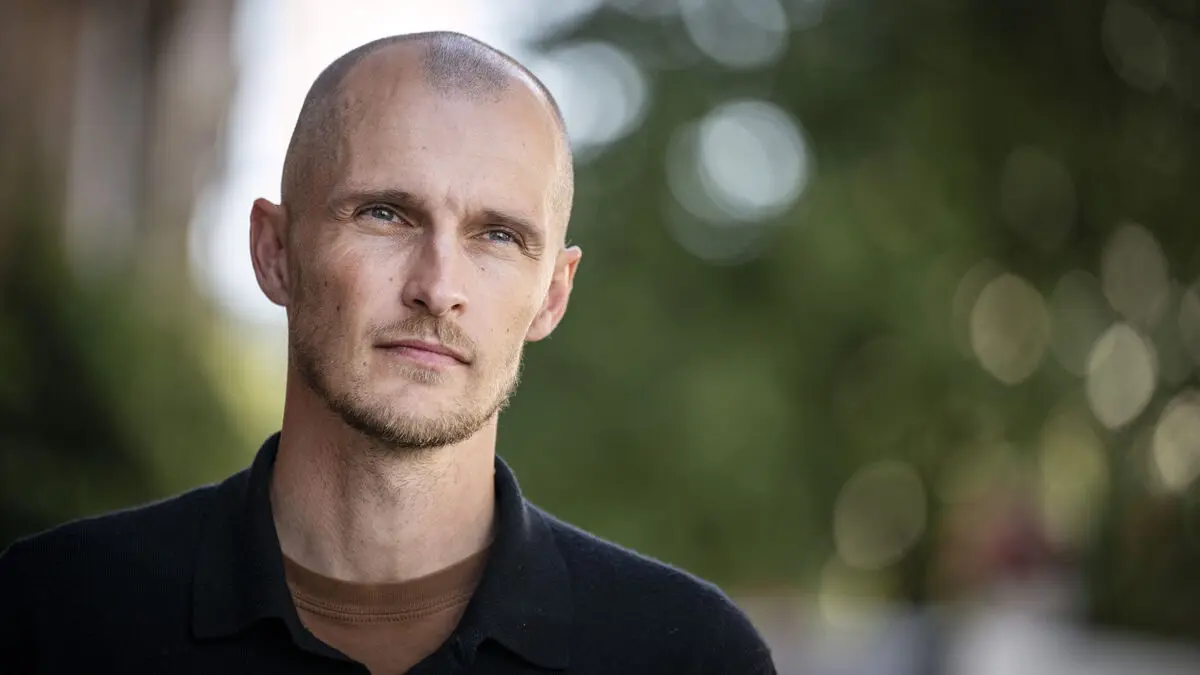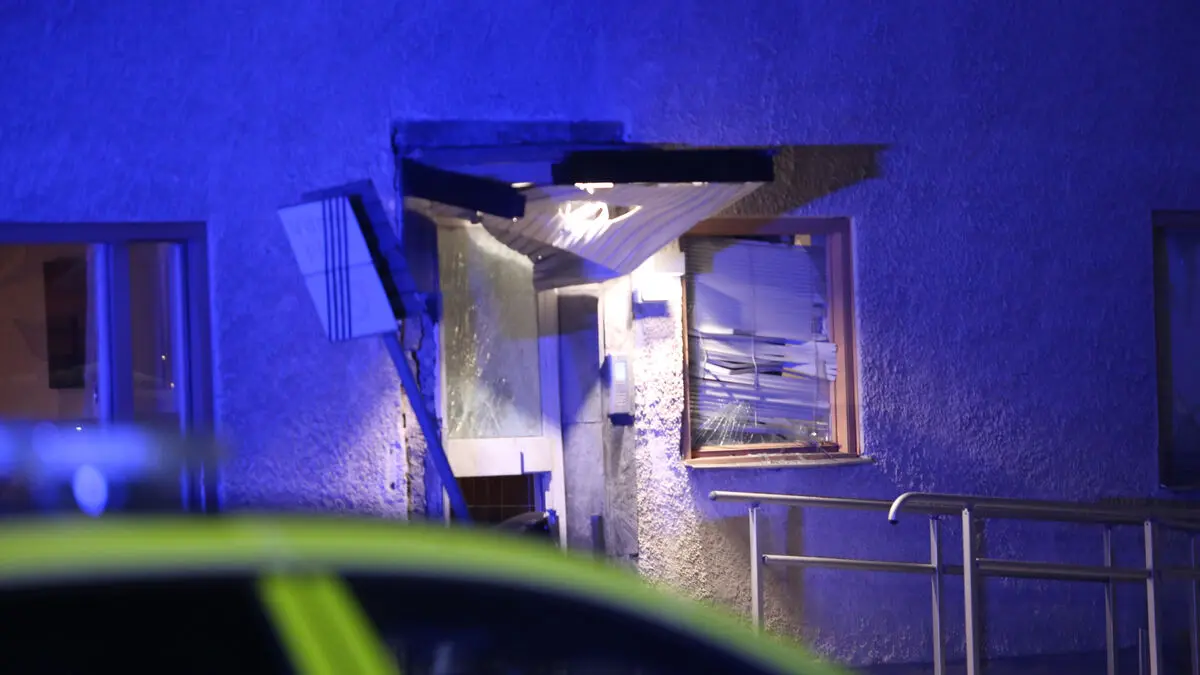It is a terrible situation in Sweden, and this situation picture confirms that it is still like that, says David Sausdal, associate professor of sociology at Lund University.
The police's new situational picture shows that the number of gang criminals is not decreasing, and that the gang environment is larger than the police previously assessed.
Although Sausdal thinks it is still a bit unclear what it means for someone to be "connected" to a gang, he still believes that it should not obscure the discussion about how serious the situation is.
Even though the Tidö parties are working very hard to "break up the gangs", they have not succeeded in doing so, says Sausdal.
It is very sad to note this, considering how much time and resources have been spent on reducing the number of gang members, reducing recruitment and reducing violence.
“No success”
He admits that it takes time to break the trend that Sweden has had with organized crime.
From a research perspective, it would be wrong at this point to conclude that everything the government is doing is not working. But it has not been the great success that one sometimes feels that politicians would like to make it appear to be.
He is particularly concerned about the phenomenon of children and young people taking on violent missions.
That so many children are being groomed into gang crime is both alarming and a tragedy.
National Police Chief Petra Lundh points out that social services must move their positions forward.
"It goes without saying, and I'm quite happy when the police say that this can't just be punished away. It would be good if politicians listened to that," says David Sausdal.
Child poverty
But he also emphasizes that preventive work is about much more than that.
He points out that Sweden has a higher child poverty rate than, for example, Denmark and that significantly more young people in Sweden are neither studying nor working. The quality of schools in disadvantaged areas is another factor he highlights.
All these more classic welfare figures concerning children don't look good compared to the other Nordic countries. It's something other than just talking about the police or social services working better.
It's a question about the entire welfare model that most people might still think applies in Sweden, but which I would say in many places no longer exists.






